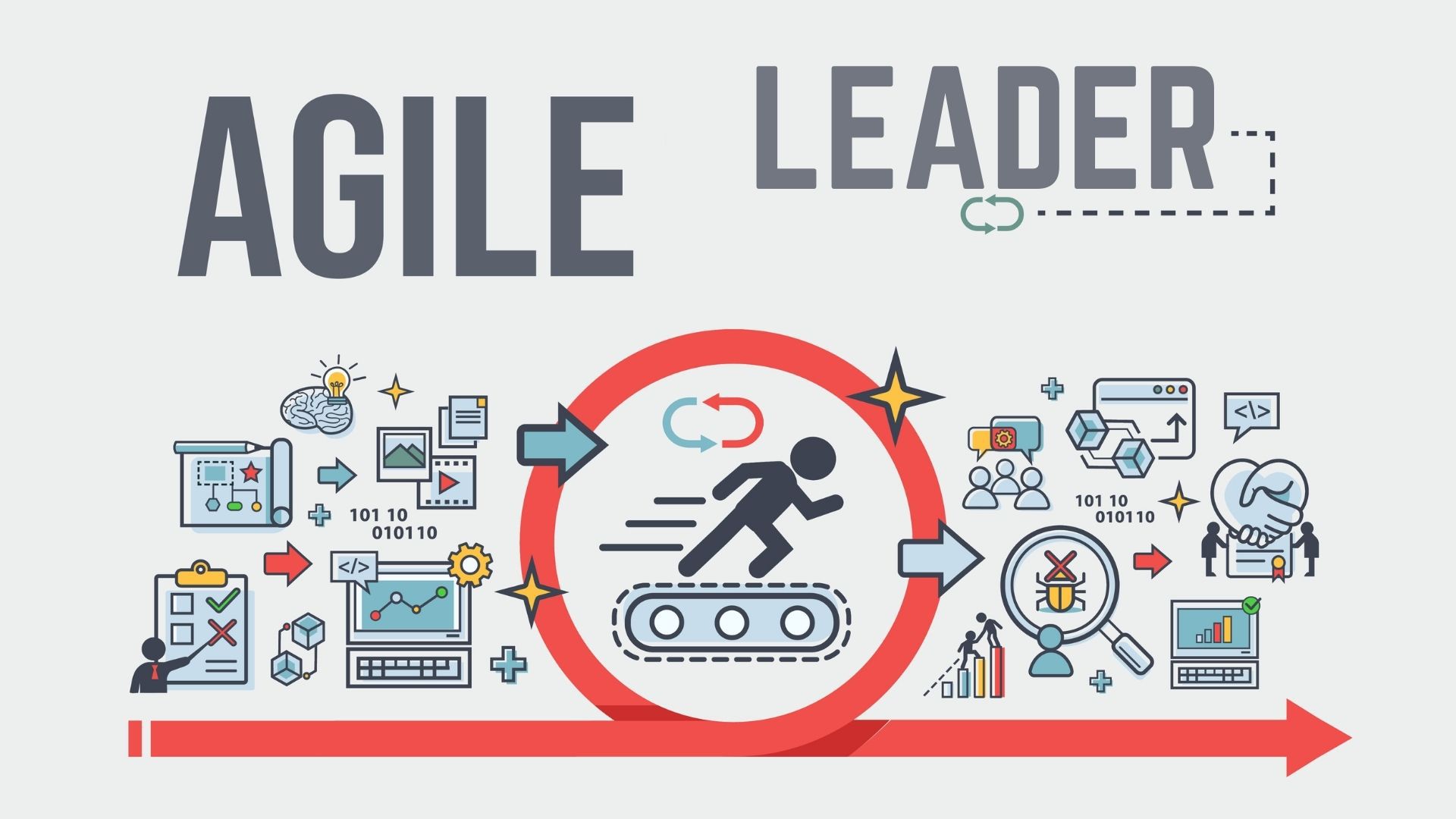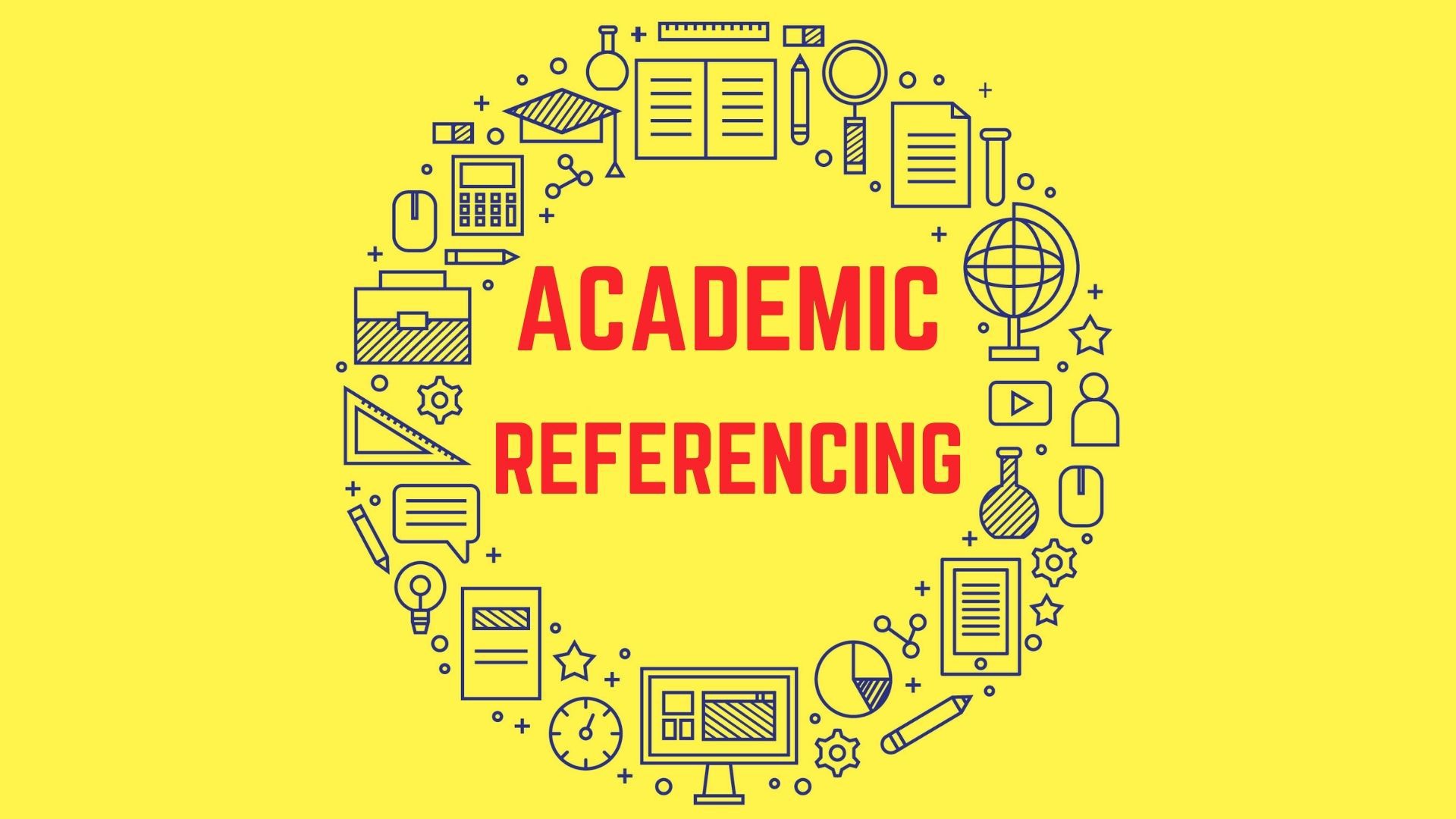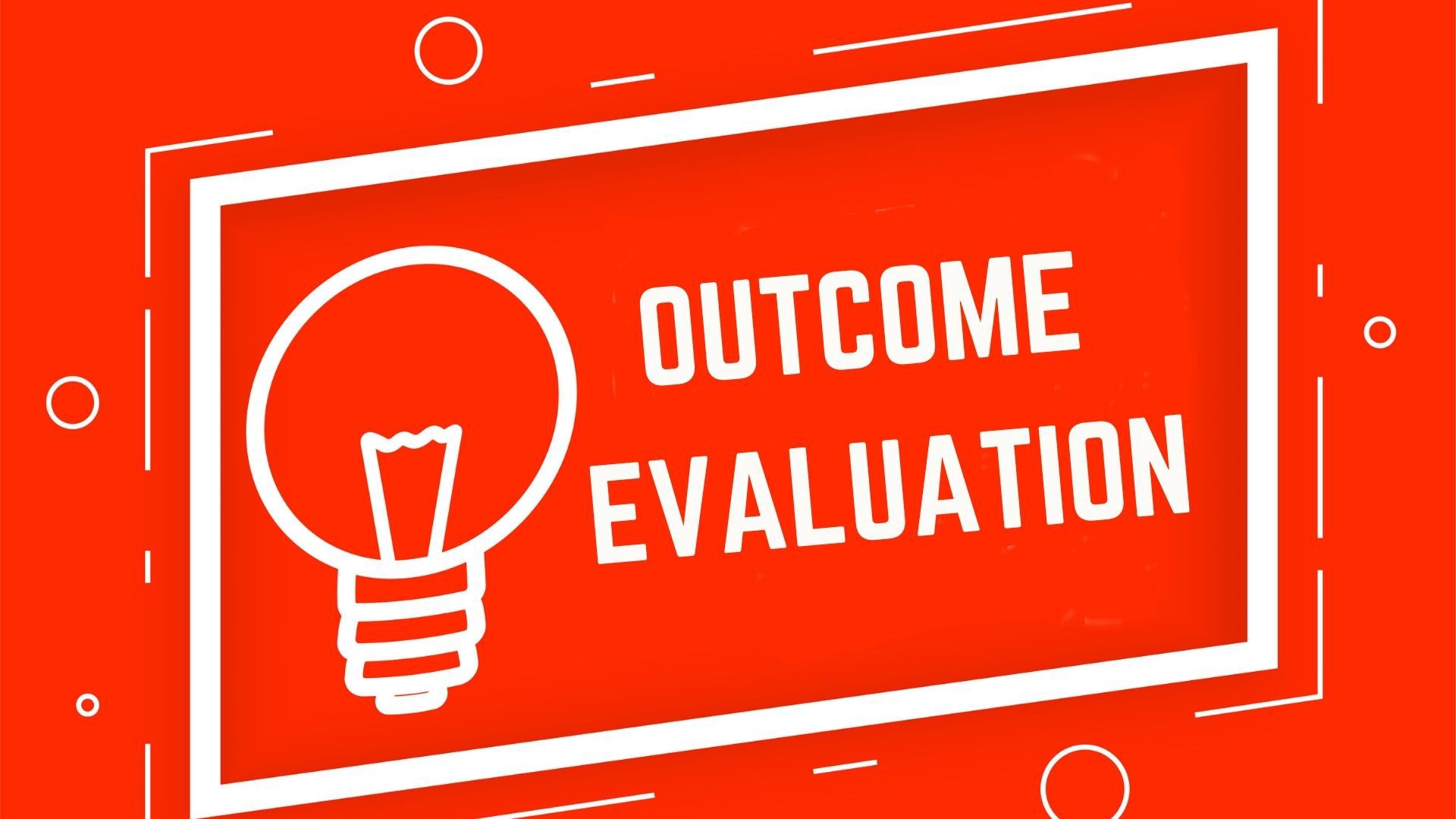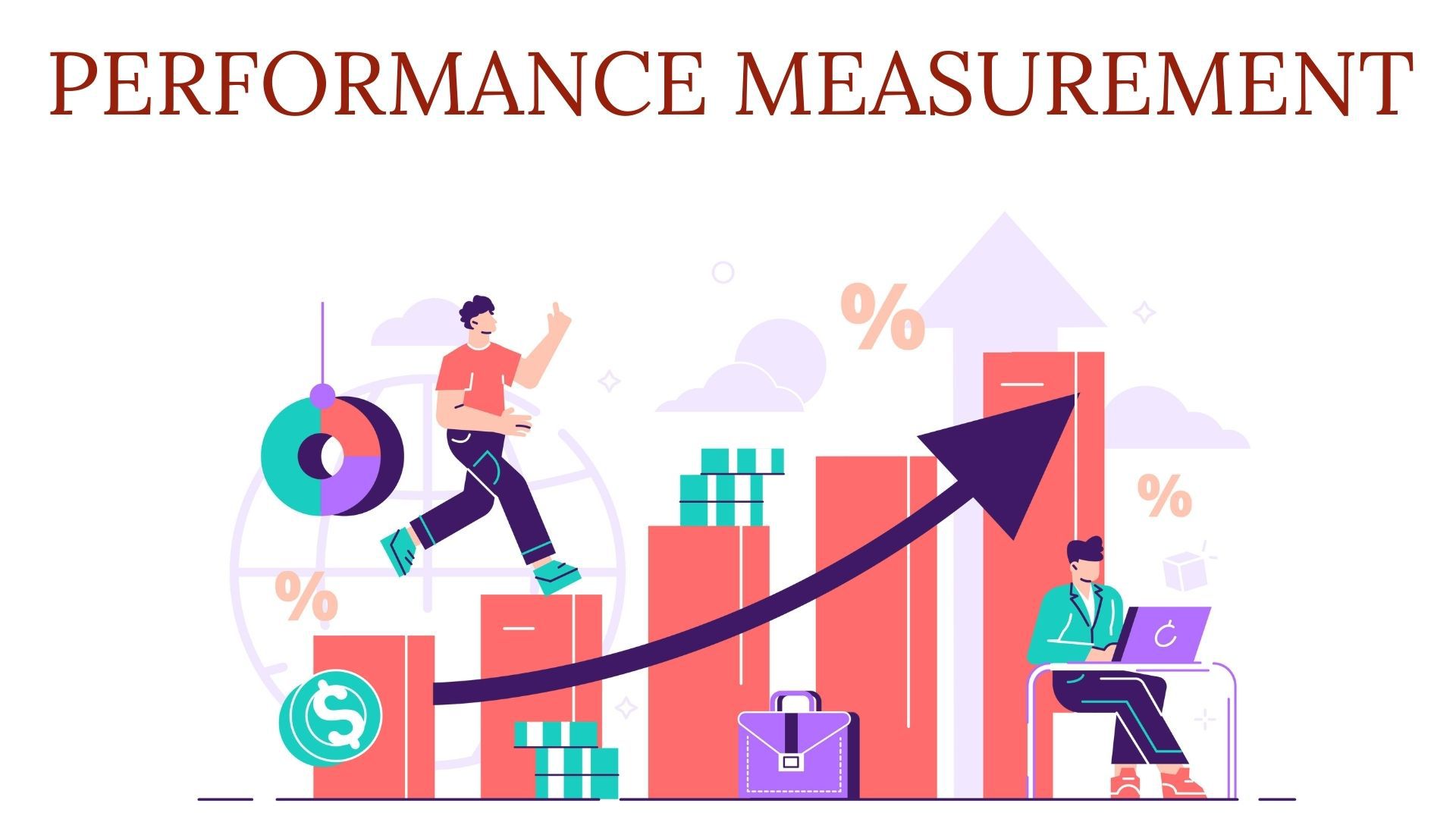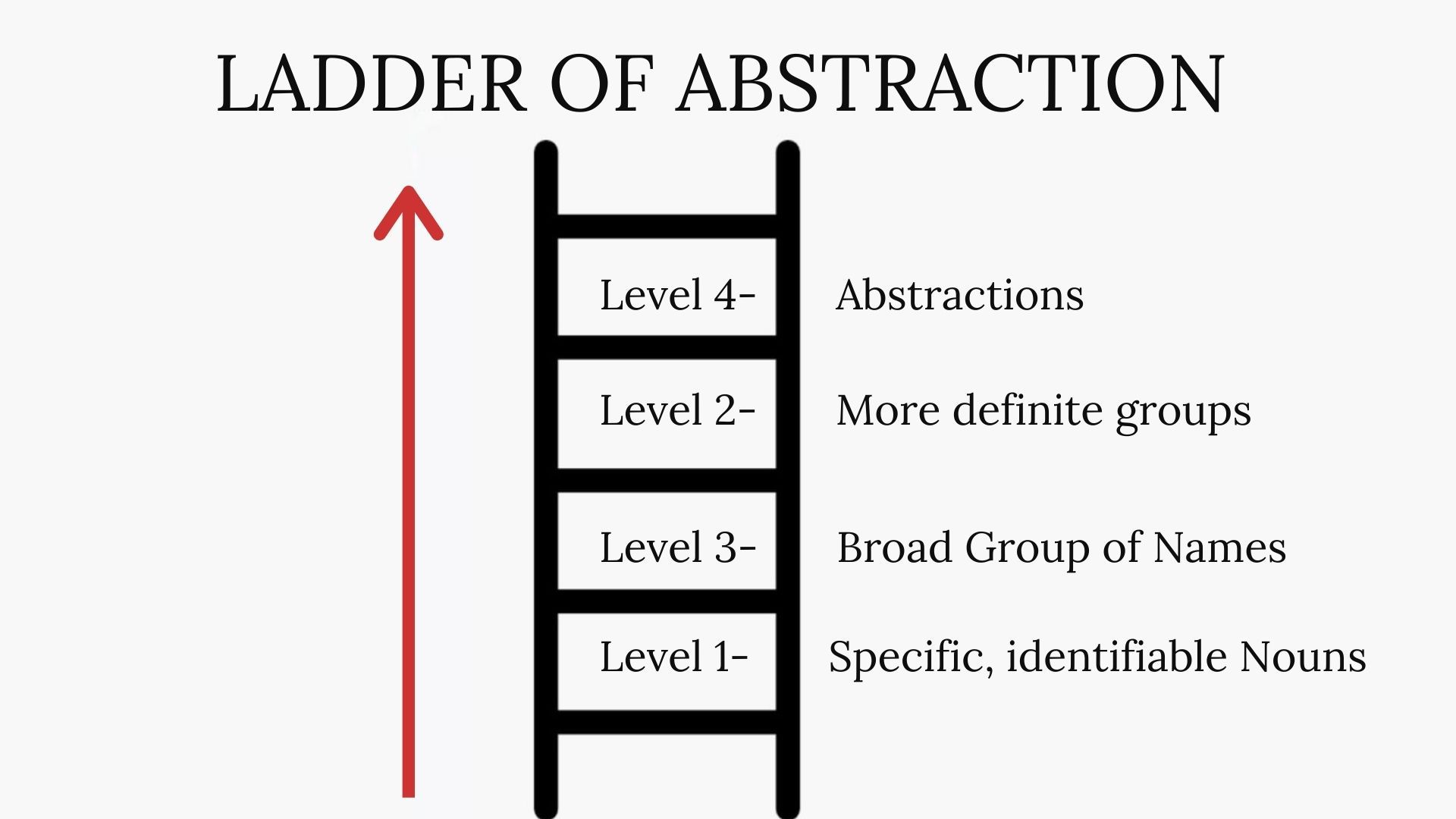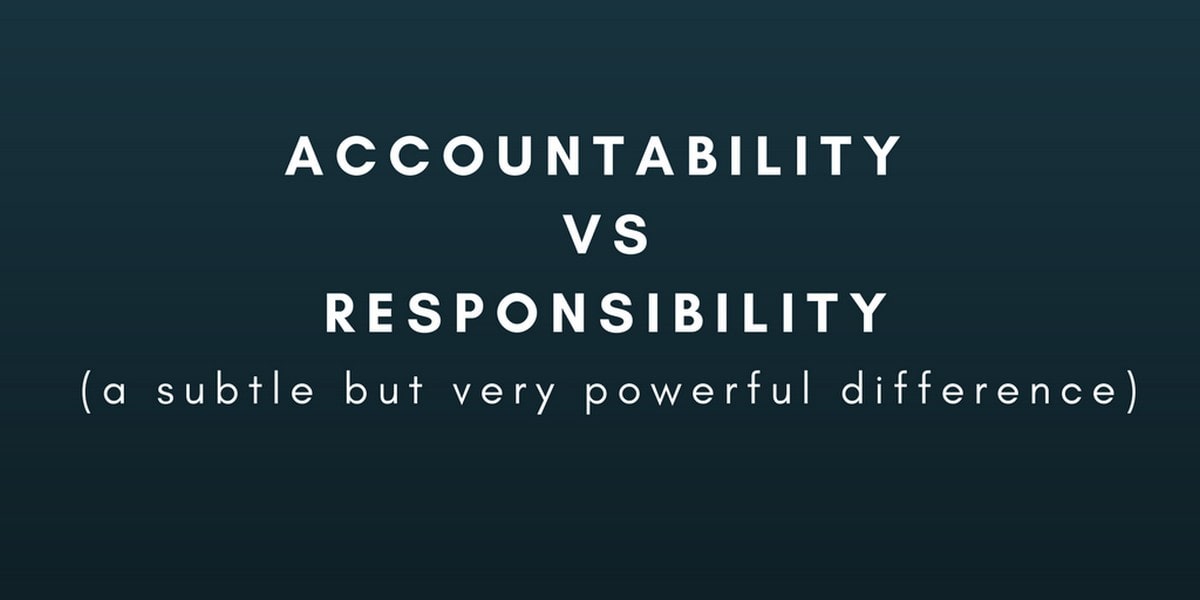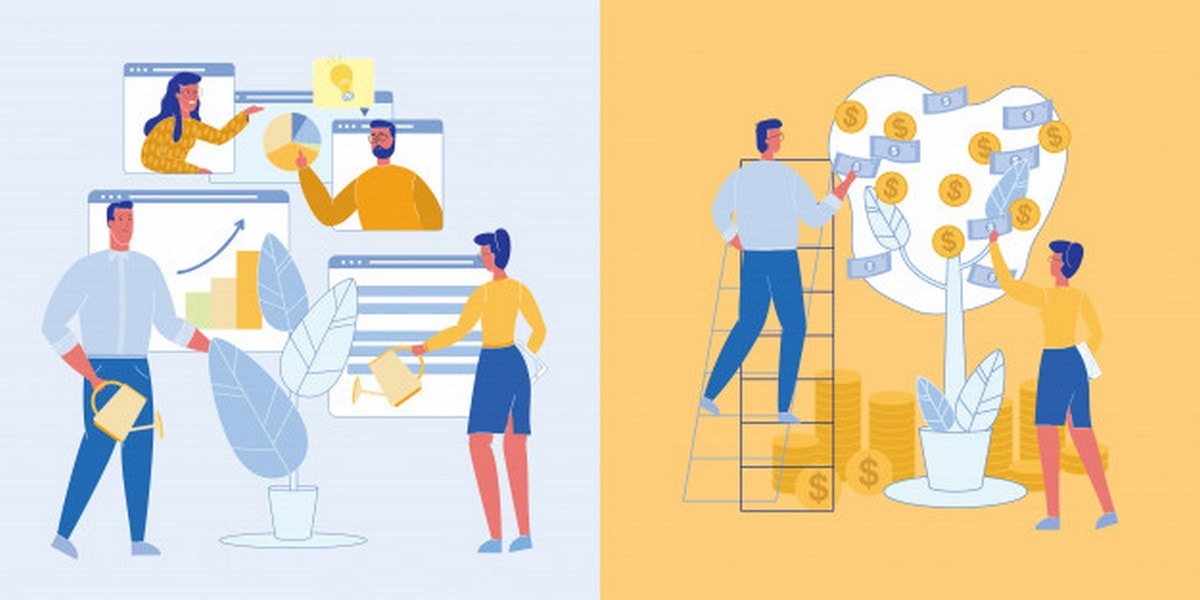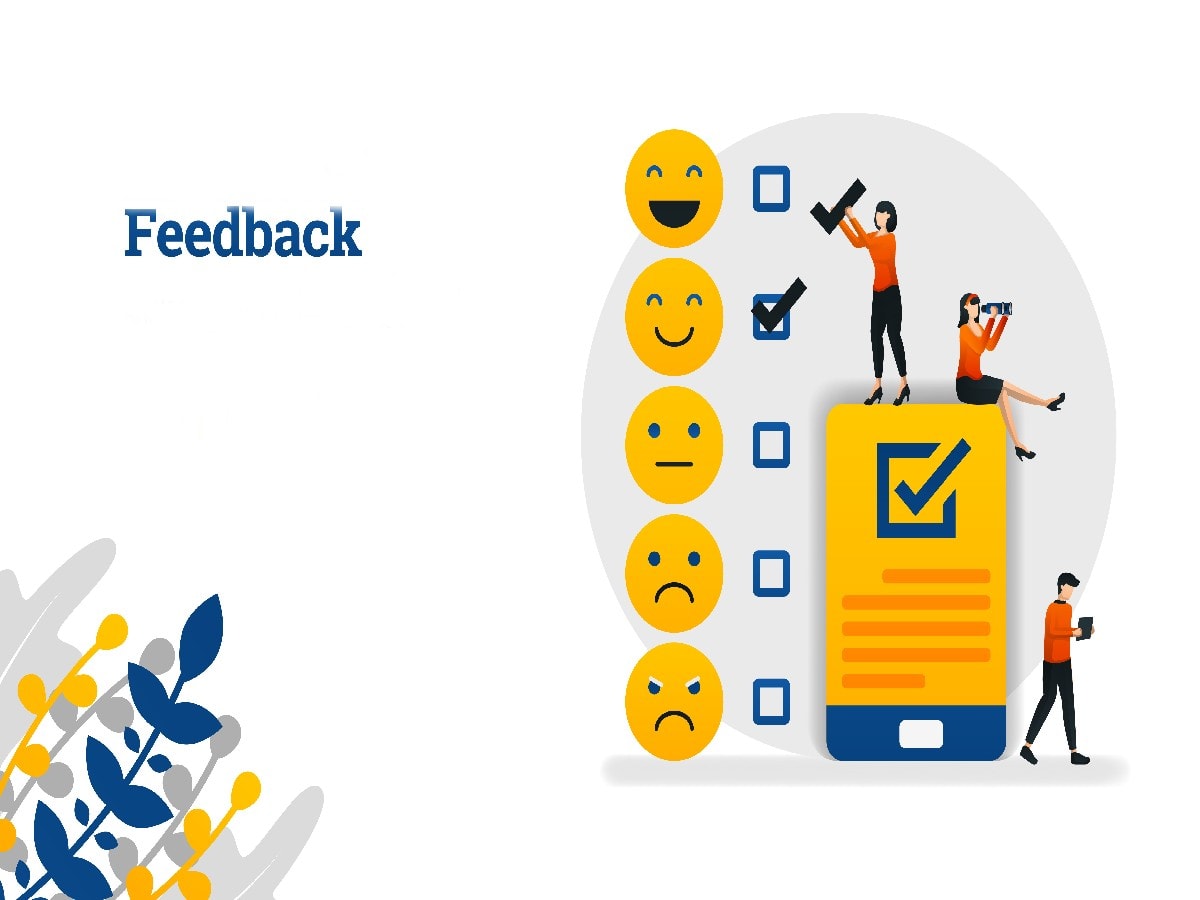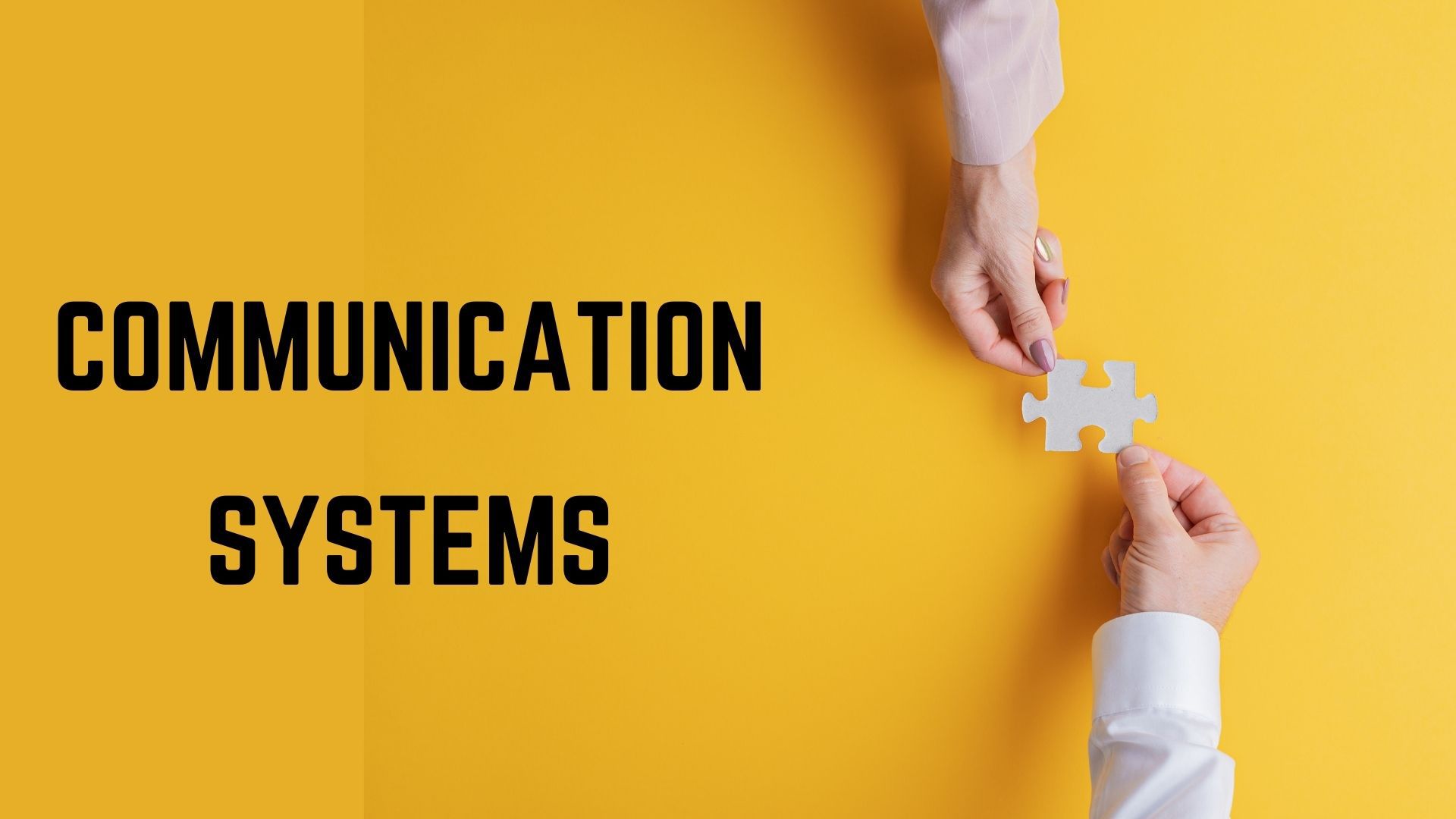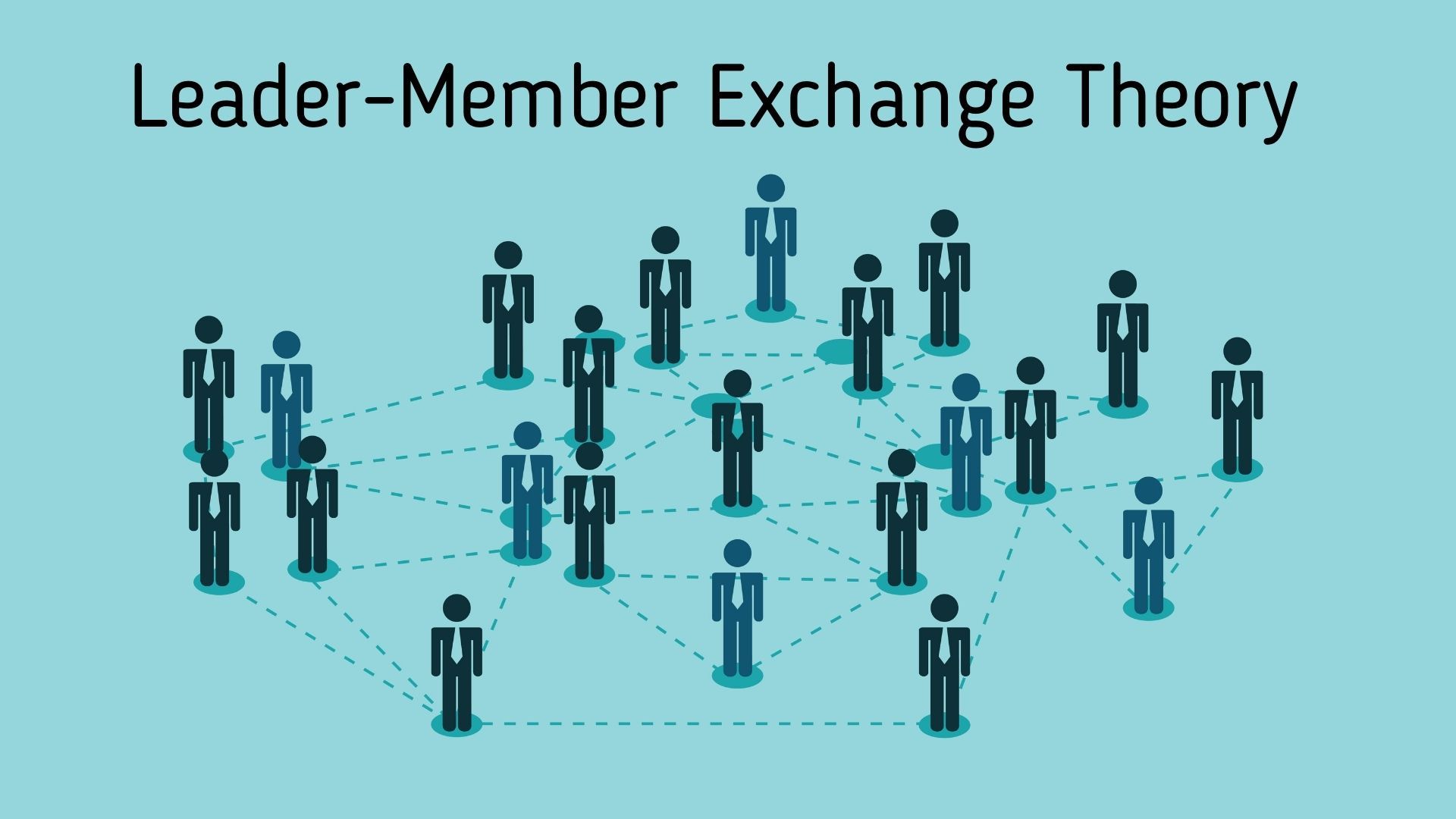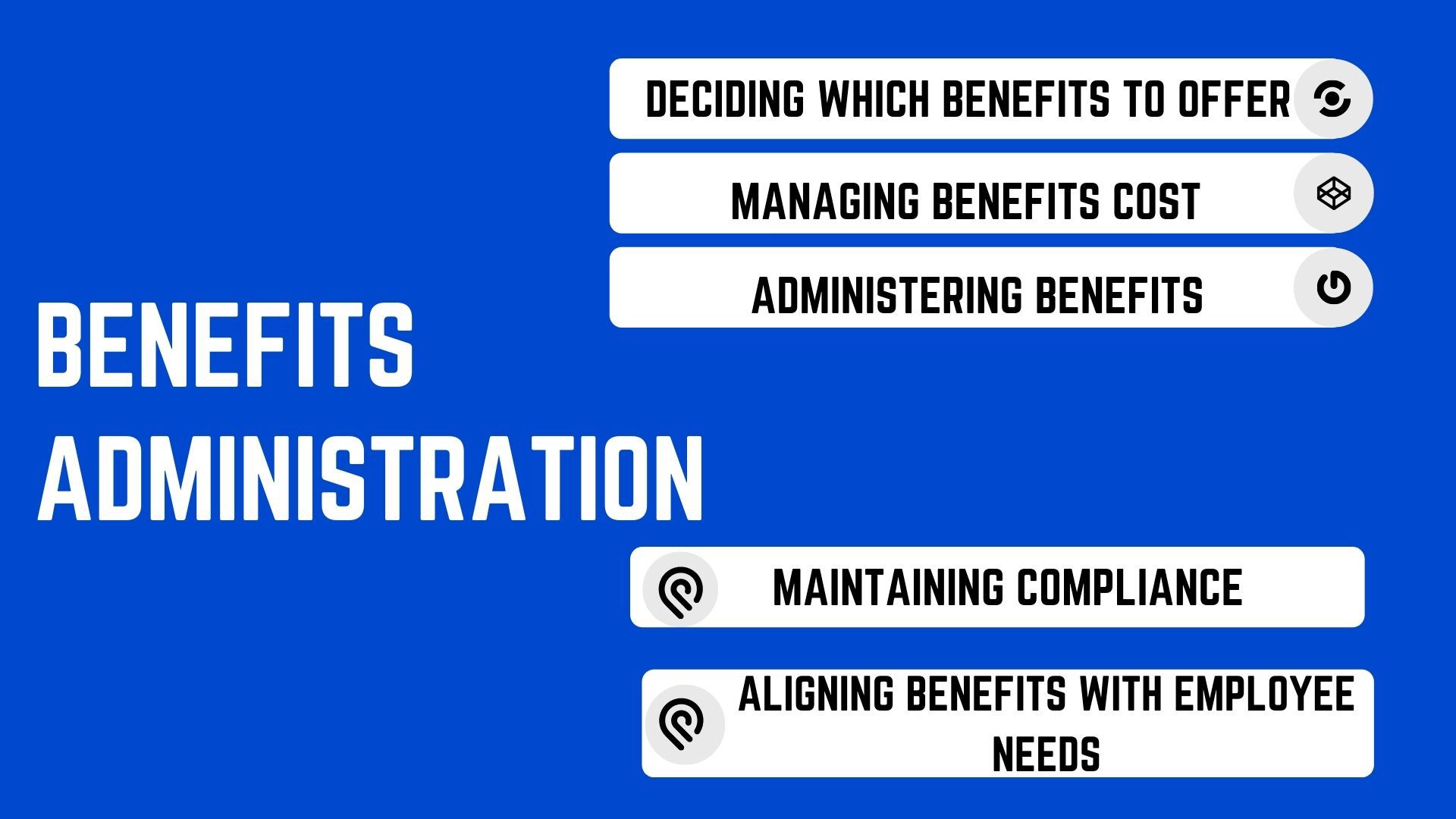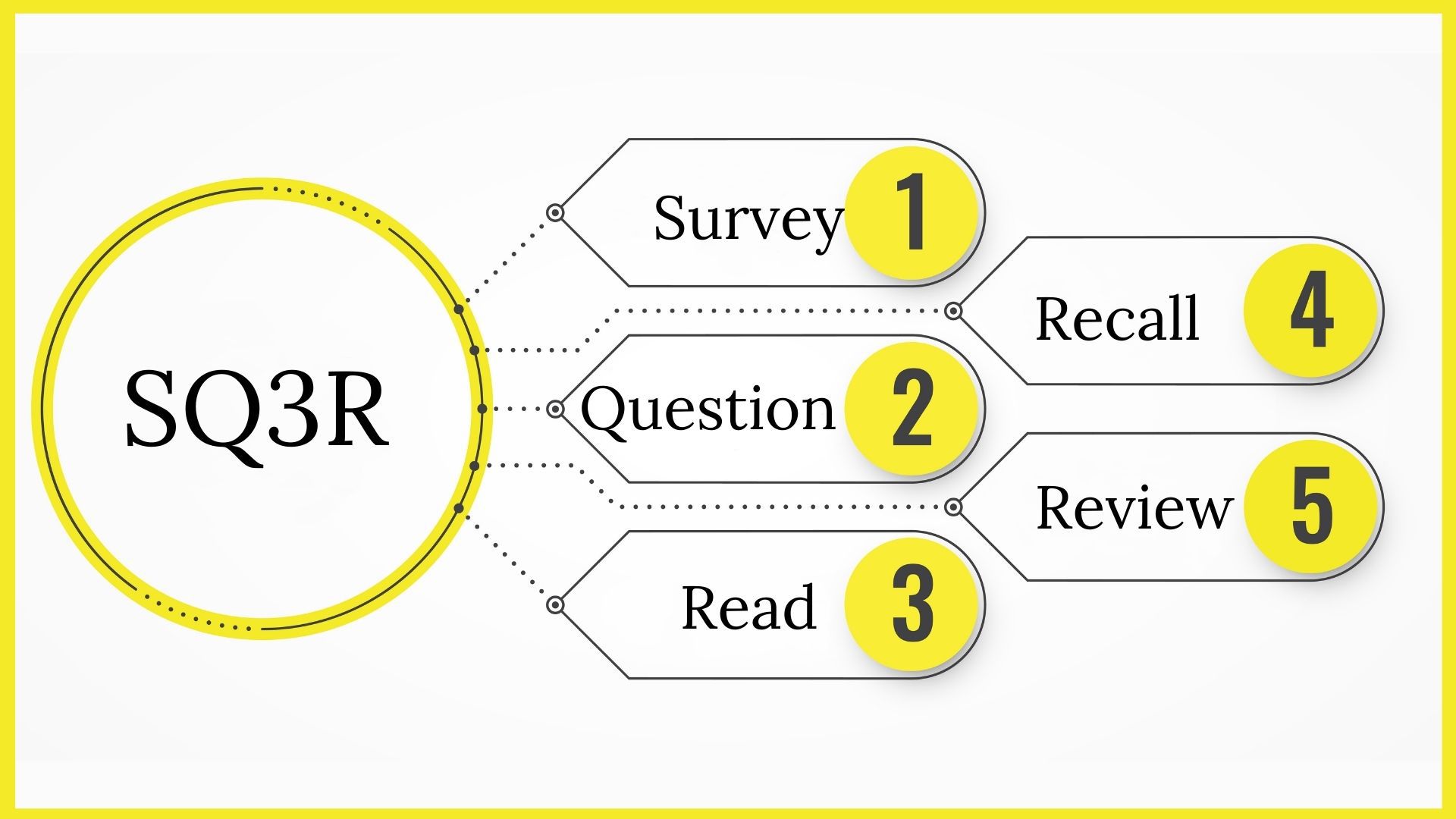Definition: Informal learning is the learning that takes place outside of a formal and structured environment. It is a learning style where it is the…
What is learning? Definition, PACT Learning Cycle, Concepts, and Advantages
What is learning? Learning is defined as gaining knowledge, preferences, attitudes, behavior, understanding, values, and skill. The ability to learn is most prominent in humans…
What is a Learning Plan and how to create one for yourself?
Definition: A learning plan is a comprehensive document that is used to outline development and learning activities over some time. It is also referred to…
Agile Leadership – Definition, Principles and Characteristics
Agile leadership is a type of leadership style in which leaders understand that one specific way of leading will not fit well with all situations…
Lifelong Learning – Types, Importance and Benefits
Definition: Lifelong learning is an ongoing process for the pursuit of knowledge. The quest to seek either or both formal and informal education for professional…
Academic Referencing – Advantages, Styles and How to do it?
Academic referencing is a way to tell the readers that the data and facts present in the academic article are from a good source. Academic…
Outcome Evaluation – Meaning, Strategies, Characteristics, Advantages & Limitations
Definition: Outcome evaluation is a process where the final result is measured with a systematically conducted assessment. This type of evaluation is governed by a…
Greenwashing – Definition, Examples and Tips to avoid
Greenwashing is a misleading act of an individual, organizations, industries, governments, etc. who promote their goods and services as eco-friendly through marketing, packaging, mislabelling, or…
Performance Measurement – Techniques, Advantages and Disadvantages
Performance measurement is a process where valuable information about the performance of a system, group, individual, or organization is gathered, analyzed, and reported. It is…
Ladder of Abstraction: Definition, Usage and Examples
Ladder of abstraction describes how we human beings reason things in which actual words or patterns come at the base level while abstract words or…
Organizational change – Definition, Meaning and Types
Organizational change is a gradual modification of an organization from the existing state to the intended state. The change may be in different elements of…
Top-Line – Definition, Calculation and Strategies For Growth
Top-line is the revenue or gross sales of the company. That is why when the company refers to growth as top-line growth; the company is…
Retail Manager – Responsibilities and Career In Retail
A retail management job will provide you with the opportunities to make your store work and make you in charge of it. you will be…
Green Retailing – Concept, Advantages and Ideas
Green retailing is a modern concept of retailing in which a retail business is managed by taking the benefits of eco-friendly processes. This concept is…
Accountability vs Responsibility – Main Differences
Both the terms Accountability and Responsibility are used interchangeably but have quite a different meaning. It is very crucial that one should understand that both…
Difference Between Outbound logistics and Inbound Logistics
Logistic activities are an integral part of every manufacturing organization. These activities are part of the day-to-day activities of the organization. Logistic activities can be…
Marketing Tools
Marketing tools are crucial in alleviating, automating, empowering, and optimizing the marketing endeavors of a company. They also play an effective role in product development…
What is Audience Profile? Definition & Steps to Create It
An Audience profile is a target audience profile with a list of all the important characteristics of the targeted audience members who show some potential…
What Is Harvesting Strategy in Business?
A harvesting strategy is basically a plan that is used in the field of business industry which involves either canceling or cutting down the expenditure…
Mass Merchandiser Definition, Concept, Advantages
Definition: Mass merchandiser is a particular retailer or specific retail store, which is known to sell a large number of goods belonging to different categories…
Buyer Readiness State – Different Stages Of Buyer Readiness
What is the Buyer Readiness State? Buyer readiness is a particular state which denotes the willingness or the preparedness of any individual customer for buying…
What are Marketing Campaigns? Definition, Types, Examples & Best Campaigns in 2025
Marketing campaigns are like thrilling roadmaps that guide a brand toward its goals! These strategic moves are intended to achieve certain goals within a set…
360-Degree Feedback – Definition, Meaning, Benefits and Weaknesses
360-degree feedback is a process to collect feedback from several sources like the supervisor, colleague or juniors of an employee along with the customers, vendors,…
Employee Relations | Definition, Meaning Importance and Advantages
Employee relations is a part of human resource strategies that are specially created to ensure effective use of human resources to accomplish the goals, mission,…
Employee Relationship Management – Definition, Meaning, Functions
Employee relationship management is often known as ERM and is a system that encourages the relationship between an employee and the organization. This platform integrates…
An Overview of Hospitality Industry – Services and Challenges
Whenever the terms ‘Hospitality’, ‘Hospitality Industry’, ‘Hospitality Industry’ are mentioned, the picture of a large, posh hotel with a scenic view, a swimming pool with…
Laissez-Faire Leadership – Characteristics, Advantages & Example
A leader is always at the helm of affairs in any organization. He is in charge of spearheading an organization’s efforts in the direction of…
Autocratic Leadership | Characteristics, Advantages, Disadvantages
All the organizations, whether civil, political or business, need leaders. A leader is someone who, by his ability, knowledge and experience, can take decisions and…
Communication Systems: Definition, Types and Elements
Communication systems is the process of handling written or verbal messages. It’s a process called communication which is more often than not taken for granted….
150+ Examples of Skills you can Include in your Resume
Do you want to make your resume impressive enough, so your recruiter could not resist from calling you? Then you need to know the example…
Leader-Member Exchange Theory (LMX Theory) Explained
Leader-Member Exchange Theory or LMX Theory is a two-way relationship or a dyadic relationship between the leaders and their team members that focus on how…
What is Benefits Administration? Definition and Steps
Benefits administration is defined as a process that creates, updates, and manages its benefits in an organization. It is a human resource function that includes…
What is coaching? Different coaching styles
Coaching is defined as a process that focuses on performance improvement in the present and not past or future. The coach is referred to as…
What is Corporate Training? Types and benefits
Corporate learning is defined as activities that are specifically designed to educate the employees in an organization. It is also referred to as workplace learning,…
Authentic Leadership – Role and Characteristics of Authentic Leaders
Employees like to follow those leaders who they find genuine or real. Authenticity is integral for developing trust. – And that is why Authentic Leadership…
SQ3R Study Method: Survey, Question, Read, Recite, & Review Process
Student life is not easy since there is a lot of competition in academics. With parental pressure and study load, a student finds it difficult…
Strategic leadership – Definition, Skills and Characteristics
Strategic leadership revolves around the abilities of leaders to decide direction as well as the future actions of a business. In the process, they empower…
Peer Mediation | Purpose, Process, Types and Characteristics
Definition: Peer mediation is defined as a type of conflict resolution based on a negotiating and mediation approach or a combination of both. It is usually…
Human Resource Planning or HRP – Objectives, Importance and Steps
Human resource planning is defined as a managerial function that ensures the manpower requirements of an organization are met at the right time with the…
Delegation: Definition, Process, Principles and Tips
Delegation is understood as a fundamental component of any managers’ or leaders’ responsibilities. If utilized successfully, delegation gives genuine advantages to each one included. Delegation…



